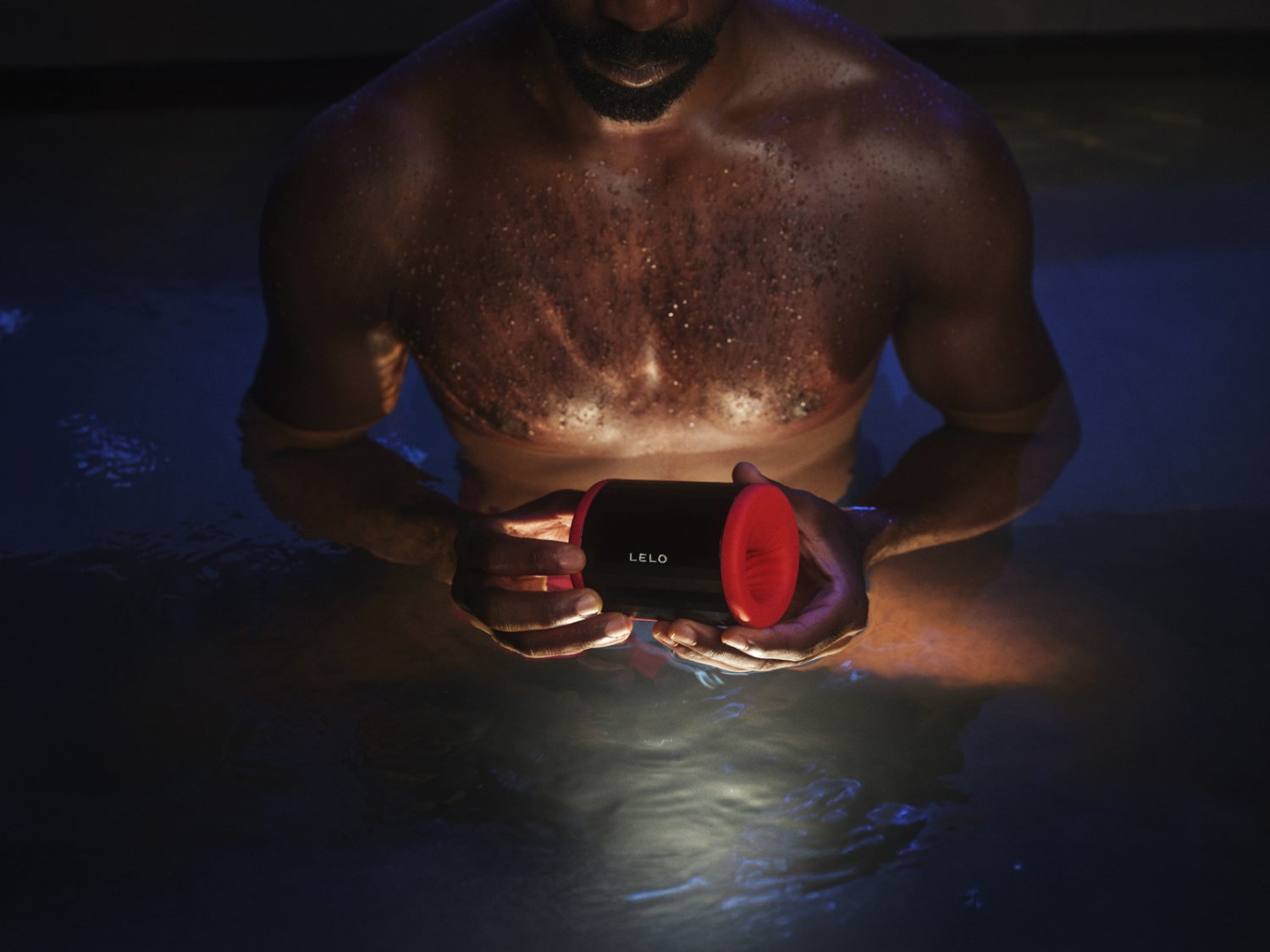“Fear is the mind-killer.”
It’s one of my favorite quotes in the world, from Dune (and its author, Frank Herbert). Not only is it artful – it’s accurate. Fear does kill off part of our mind, temporarily: when we’re scared, the outer layer of our brain shuts down. And it, the prefrontal cortex, is responsible for logic and reason. So when it goes offline, what we’ve got left is the emotional center: aka, freakout mode.
As you and I both know, being emotional is human…but, it’s not always the best state to make a decision.
That’s why sex fears are so common, because sex demands vulnerability – and for a lot of us, that’s scary. But sex fears (and freakouts) can be healed, especially as we release any old, shameful programming we got about sex when we were younger. I talked about these fears on my podcast recently, but here are 4 of the most common ones – plus, how you can heal them.
Fear of rejection
At a bar, on an app, or simply initiating sex with your partner
Oh, what a fun fear this is: you put yourself out there, you show interest in someone…only to be met with a “no thank you.” (Or worse.)
The interesting thing about rejection, sexual or otherwise, is that it’s a universal human experience. And yet, it can feel so personal, like there’s something wrong about you specifically: not cute enough, not sexy enough, not whatever enough to get this person’s attention…whether it’s a stranger, or your own partner.
Try: Remembering it’s probably not personal
At the end of the day, none of us are entitled to anyone’s attention. But when our interest isn’t reciprocated, it’s usually not personal. That person you tried to talk to at a bar, or on an app? Maybe they declined because they’re not in the headspace to engage right now. Or, maybe they declined because there wasn’t a spark. That’s OK! There will be a spark with someone. And when it’s your partner, maybe they turned down sex because they’re tired, stressed out, or just not feeling sexy. When we remember it’s not personal, it’s easier to have a conversation with our partner, and check in with them on how they’re doing more generally. Often, this compassion creates the easy, free space required for desire to flow.
Fear of body judgment
That they won’t like your body or they will be grossed out by your period
It’s one of the most common fears I hear about, as a sex educator.
“What if I’m on my period, and it grosses out my partner?” Or: “what if my partner sees my small penis, and decides they’d rather not have sex?” Or: “what if my partner sees me naked, and doesn’t like what they see?”
These fears tend to lessen their grip, once we realize they were programmed into us by other people (advertising, porn, childhood experiences, etc.). Period sex? Put down a towel. Penis size? Penetration by a penis isn’t the thing that helps vulva owners orgasm anyway. (And if you’re doing anal play, there are a wide variety of toys out there.) Getting naked for the first time? Your partner has probably already thought about it – and tbh, they’re probably really excited.
Try: Finding role models
Social media can have all KINDS of downsides, but one of the really great benefits is that it allows you to do an end-run around mainstream media. You know, the magazines, TV shows, movies or even porn that told you for years what an attractive body looked like, or how gross periods were, etc. etc.
Here’s a secret: none of that is true. It’s just a matter of opinion.
So take out any social media content that inflames those insecurities, and sub in role models (or other uplifting content) that showcase your concerns in a positive, sexy light. By giving your brain new inputs around desire, attractiveness, and so on, we can shed any past programming that made us feel insecure – because remember, advertising works in part by exploiting insecurities. Instead, welcome in content that reminds you that your body (and its very normal functions) are already sexy.
Fear of sharing a fantasy, fetish, or turn-on with a partner
…And they’ll be weirded out by it
This fear can usually be characterized as, “will they think I’m a freak?” Because whether it’s a certain type of porn you enjoy, a very specific fantasy, or a unique fetish, I do understand how sharing it out loud can feel scary. We’re worried that the other person will look at us with big eyes, mutter, “uh…yikes,” and back away slowly.
Good news: they probably won’t, if you’ve taken the time to build a trusting container around your existing connection.
Try: Talking about it out loud
Once you’ve already established trust with someone, you can say to them: “hey, we’re getting closer to each other, and honestly I really love it. I was wondering if I could share a turn-on with you, and see how you feel about it? No pressure to try it, unless you want to.”
By framing your turn-on in the context of intimacy, you’re giving your partner a compliment: “you’ve made me feel trusted and secure, so I feel comfortable opening up to you a bit more.” That’s why I recommend soothing this fear after a bit of time has passed, and by being explicit that there’s no pressure to actualize it together, unless they’re interested.
Fear of not moving on
…And that you’ll never get over your ex
So much of the time, an ex partner represents not only certain qualities we find attractive, but a certain period in our lives. They make us remember who we were back then, what we were discovering and experiencing, and how they helped tell that story. Cue nostalgia…and possibly, tears.
When we feel stuck, like we just can’t get over an ex no matter what, it’s definitely helpful to welcome in new potential partners (if you aren’t doing so already): people who are attractive to us NOW, people who resonate with who we are NOW, people who can help us tell a story about our life now. In the meantime, though, there is a potential cure for obsessive thoughts.
Try: Meditation
Meditation trains our brain to align with the present moment, and become alive to what’s actually happening around us. Think of it like a muscle: most of us don’t have a lot of “muscle memory” around connecting to the present, and noticing what’s going on here and now. But through meditation, we train our brain to get itself unstuck from the past (or the future), and to become more mindful of where we are at this exact point in time.
Sex fears can best be understood as intimacy fears, because we’re opening up in front of someone, and showing them who we are. But by being intentional with our daily habits, and improving our communication skills, we usually find that fears lessen their grip – leaving you to feel freer, more comfortable with intimacy, and way more open to nourishing sexual pleasure.










